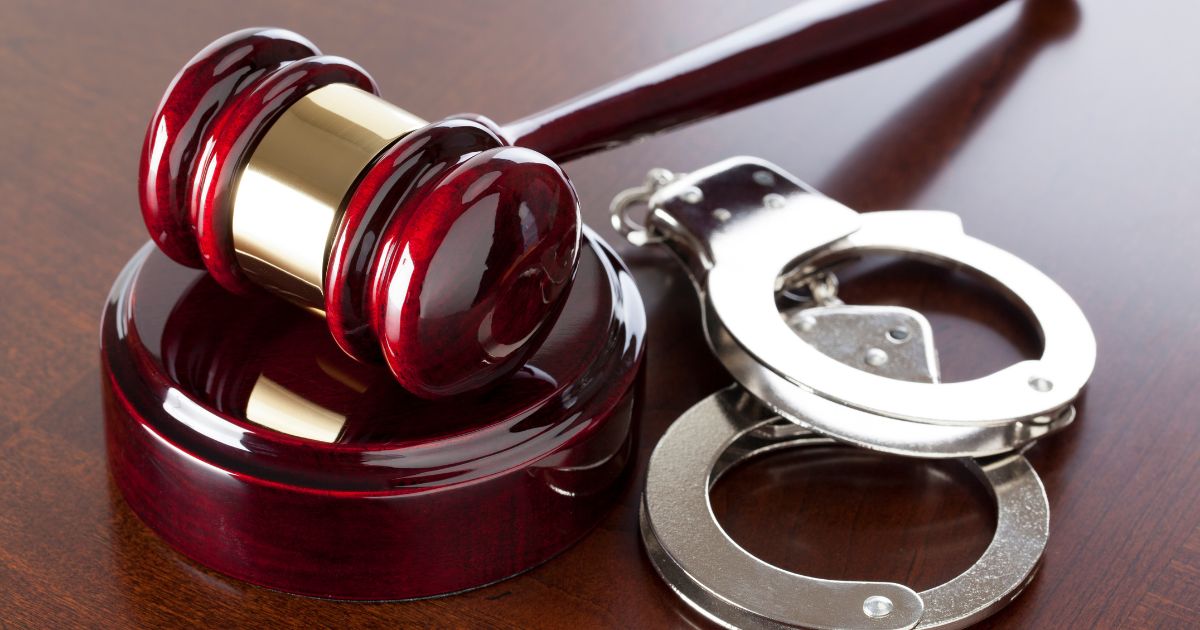What is a Juvenile Defense?

When children are accused of committing crimes, their cases are handled differently than adult cases. Every state has separate courts for juvenile crimes, and the rules, procedures, and outcomes vary. No matter how things play out, the juvenile’s life will be changed forever. If your loved one is facing charges as a juvenile, contact an experienced criminal defense lawyer today.
What are the Most Common Juvenile Crimes?
Many, but not all, juvenile crimes are considered misdemeanors. Here are some of the most common ones, with some being much more serious.
- Assault: Teenagers often get into fights, or assault others when committing other crimes like stealing.
- Driving Under the Influence: A juvenile can be pulled over and charged with a DUI. Excessive drinking and drug use can also lead to a drunk and disorderly conduct charge.
- Illegal Purchases: This includes illegally purchasing alcohol, cigarettes, or drugs. These can come with possession and intent to distribute charges.
- Larceny: Stealing from other people, homes, and businesses. Auto theft is also a common charge.
- Sexual Offenses: This includes rape and sexual assault, sharing pornographic pictures of others, and abuse.
- Violent Crimes: There are many reasons why juveniles commit violent crimes, like previous abuse, drugs, alcohol, and mental illness.
The Basics of a Juvenile Defense
Juvenile offenders are looked upon differently since adults are considered to be fully grown, have better judgment, and not be as vulnerable to outside influences. Courts tend to suggest preventative measures to help juveniles improve their lives, with the goal of helping the child while ensuring public safety. Once the seriousness of the crime is determined, the juvenile will be sent back to the parents or into a Juvenile Detention Center (JDC) to await trial. After court, the youth might return to JDC, be sent back to the parents, and/or be placed on probation.
A juvenile under the age of seven cannot be held responsible for criminal wrongdoing. However, if the accused is over than age of 17, they will go to an adult criminal court instead. The same thing could happen with serious charges like rape or murder, but there will be a hearing to determine that ahead of time. Like adults, juveniles must be presented before a court of law within 24 hours of being brought into custody and are entitled to general defenses. Examples of the latter might include self-defense against an attack and involuntary intoxication.
What if the Case Goes to Court?
Juvenile criminal courts are more informal than adult versions. The intake officials, law enforcement officers, and prosecutors have more discretion, but important procedures are still followed. Many child offenders do not end up at formal adjudicatory hearings.
Some cases will end up in court, so it is wise to contact an experienced criminal defense lawyer with a background in juvenile defense to provide guidance. Instead of waiting to see how things will start, reaching out for consultation makes sense. This way, you could form the foundation needed to build a strong defense and protect your loved one’s rights.
The Savannah Criminal Defense Lawyers at Kicklighter Law are Experienced with Juvenile Defense Cases
It is hard to know where to turn when a juvenile is accused of a crime, since they are young, vulnerable, and at the mercy of an expansive criminal justice system. At Kicklighter Law, our skilled Savannah criminal defense lawyers understand the system and will work to protect your juvenile’s rights. Call our Springfield, Georgia office at 912-754-6003 or complete our online form for a consultation. We help clients of all ages in Springfield, Effingham County, Savannah, and surrounding areas.
